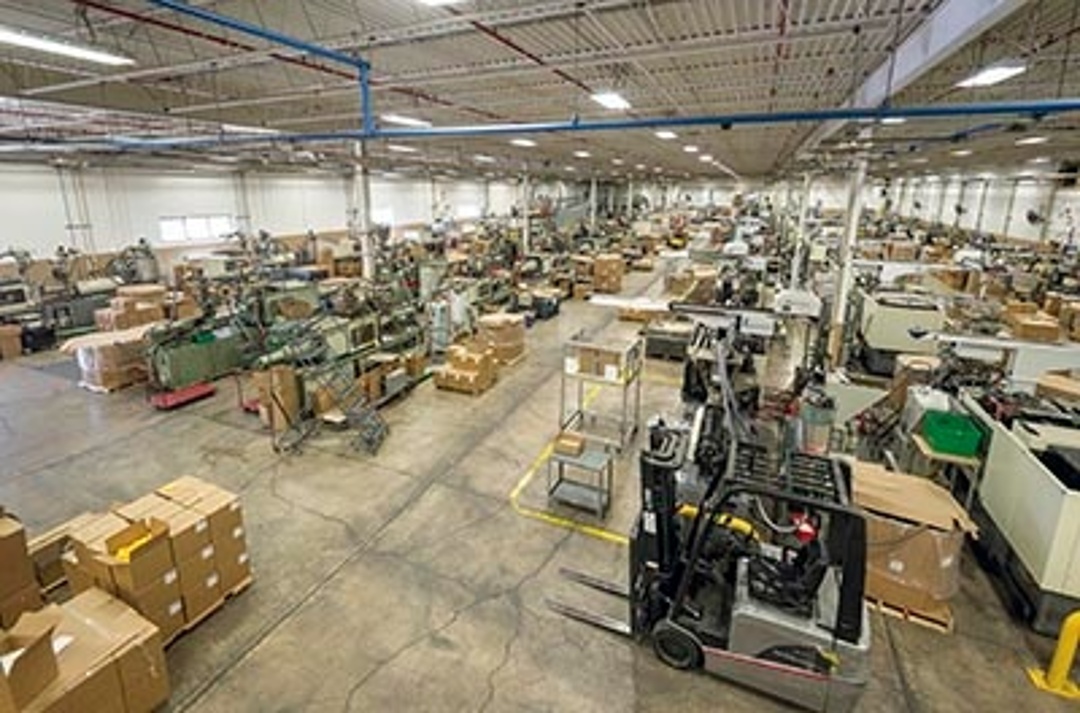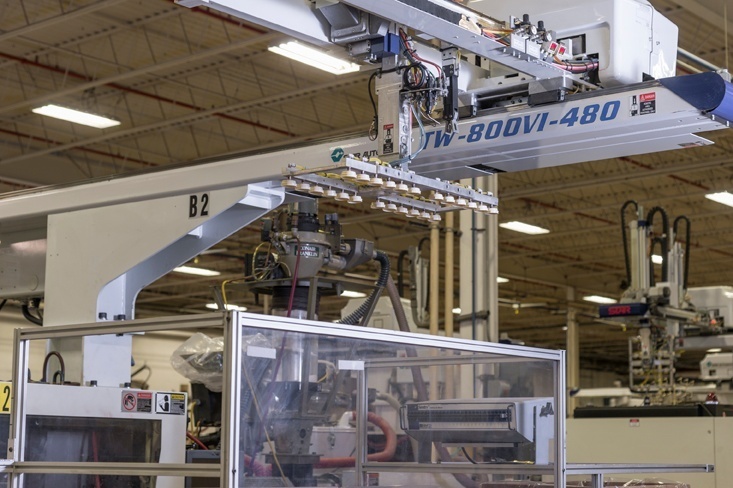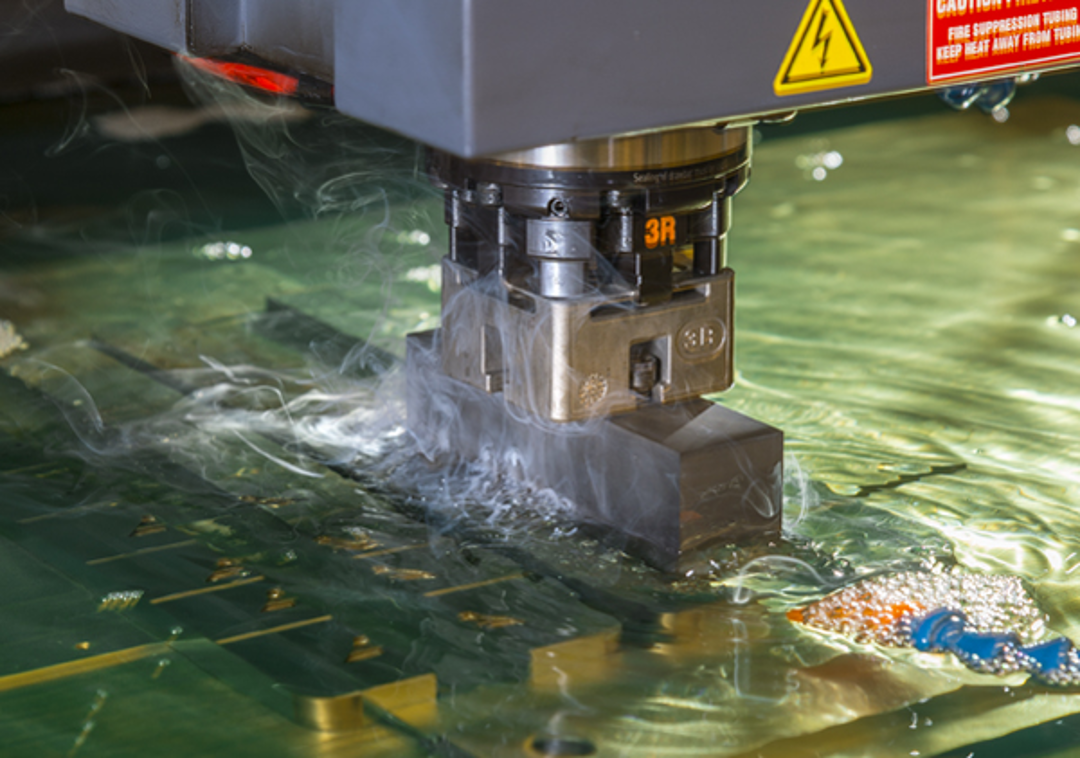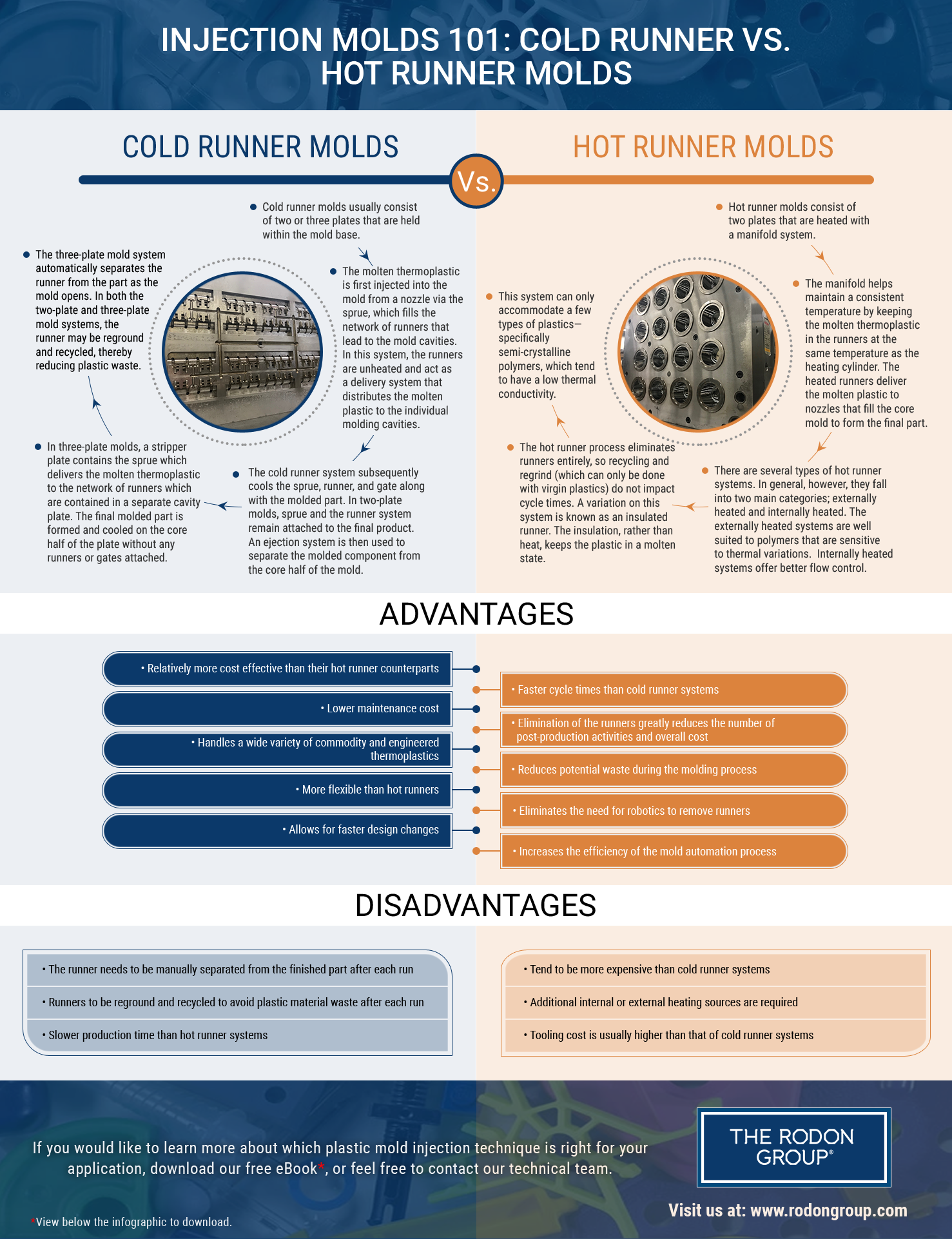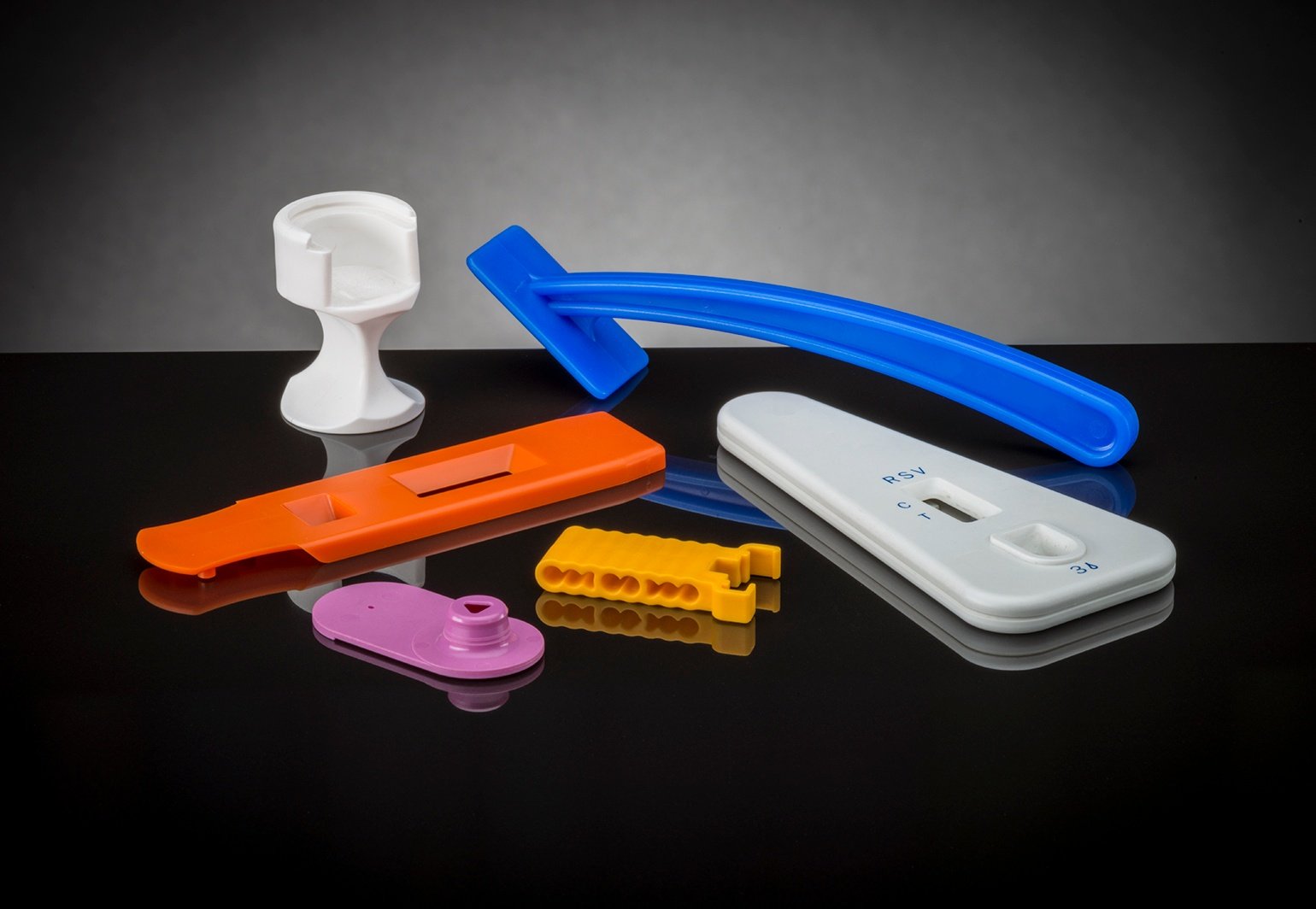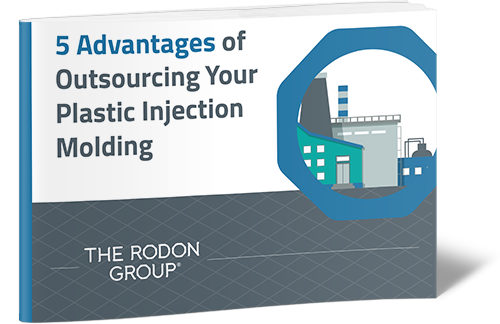Turnkey manufacturing is a process where one company oversees all aspects of a project's production from beginning to end. They handle all project phases: starting with the initial design phase, and progressing to machining/tooling, then to quality assurance, and finally to the manufacturing, packing, and shipping stage of production.
Plastic injection molding has a language all its own, and with hundreds of unique terms, it can be difficult to learn the language. To help, we put together a list of the 15 more commonly used terms to know when discussing plastic injection molding, mold parts, machinery, materials, and problems. We hope you find this to be a useful resource.
Injection Molding Terms:
Resin
Resin is the raw material used to create the finished part in the plastic injection molding process. With hundreds of commodity and engineering resins available on today’s market, the material selection process for plastic injection molding may seem daunting at first, so research your options carefully, and consult with an experienced plastic injection molder to help determine the ideal choice.
The cost and quality of manufactured parts rely on the accuracy and speed at which they’re produced. Industrial manufacturing uses plastic injection molding to keep material costs down while maintaining the capability for high-level production. The key concept is accuracy, especially for industries that require intricate or complex parts.
Plastic injection molding is an extremely versatile method of producing plastic parts and has multiple advantages over other methods of plastic molding. Not only is the process simpler and more reliable than others methods, but it is also extremely efficient. Both of these are primary reasons why it has become a standard process in virtually every industry demanding high-volume components and parts.
After 62 plus years of experience in the industry, we have heard virtually every question a customer could ask. To help you make an informed decision on your plastic injection molding project, we’ve outlined some of the most common questions – and their answers from our previous blog articles– below.
Design engineers have various options when choosing a plastic injection molding process to best suit their specific application. Each of the three primary methods — hydraulic, electric, and hybrid — feature unique benefits and drawbacks. To make the right selection for your project, it’s important to have a full understanding of how these methods differ and what they can offer you.
Ever since its introduction in the late 19th century, plastic injection molding has revolutionized the way we create plastic products. Although the technology has evolved significantly over the years, many injection molds today still fall into two main categories: hot runner and cold runner systems. Each of these systems has their own benefits and limitations which make them better suited for specific applications.
Understanding the differences between these technologies can help you have a more productive and informed discussion with your plastic injection specialist to determine the most feasible option for your unique application.
Custom plastic injection molding of close-tolerance, small parts is an ideal solution for many industries that are looking to produce a high volume of precision quality parts.
Injection molding is by far the most versatile of all molding techniques. The presses used in this process vary in size and are rated based on pressure or tonnage. Larger machines can injection mold car parts. Smaller machines can produce very precise plastic parts for surgical applications. In addition, there are many types of plastic resins and additives that can be used in the injection molding process, increasing its flexibility for designers and engineers.
Given the high quality and quick turnaround most organizations require when producing custom plastic components, it’s best to consider working with a full team of injection molding experts. Tackling the challenge in-house often leads to inefficiencies and can result in costly, time-consuming issues despite best efforts to streamline processes.
There are several key elements that are essential for creating the perfect plastic part. At The Rodon Group, our dedicated team of plastic injection molding experts fully understands what it takes to create high-performing, reliable components, and, unlike most other companies, we pride ourselves on being a complete turnkey precision component manufacturer, designing and tooling all parts in-house and carefully overseeing every step of the production process.







